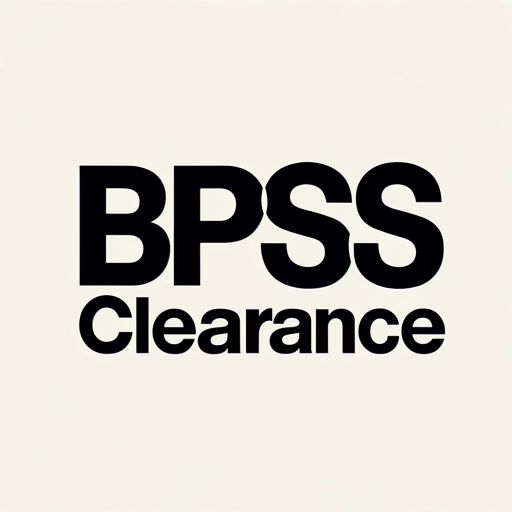profile testing for employment
Vetting agencies
Adhere to the Baseline Personnel Security Standard (BPSS) clearance process to gain authorized access to UK OFFICIAL Assets. To guarantee you meet the necessary requirements for accessing these assets, consider the following:
By verifying your identity, legal right to work status, and employment history accuracy, organizations can establish a secure work environment and prevent unauthorized access to data. BPSS clearance is essential for individuals with access to government assets and sensitive information, as it confirms the honesty and integrity required for specific roles.
Depending on the severity and nature of the crime, certain offenses may disqualify individuals from obtaining BPSS clearance. It's paramount to be transparent and disclose any unspent criminal records when applying for BPSS to uphold integrity. Individuals with unspent criminal records may face additional scrutiny or even be rendered ineligible for roles requiring BPSS clearance.





